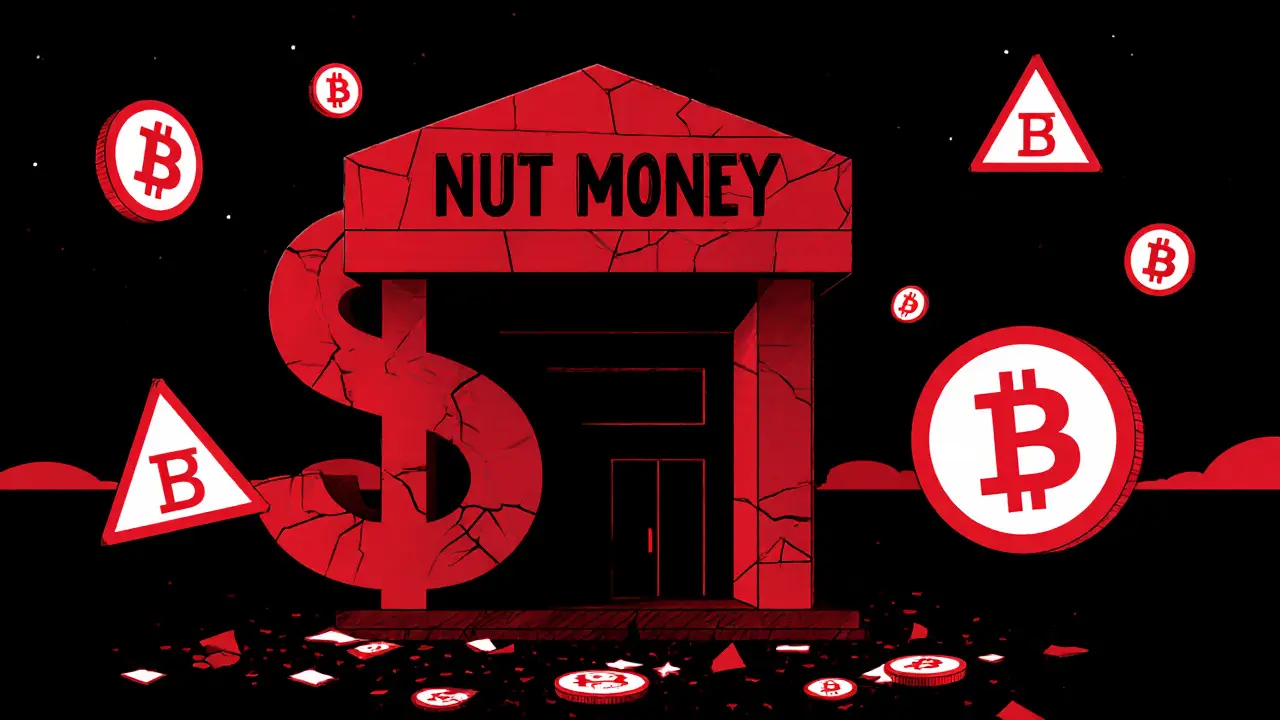Unregulated Crypto Platform: Why You Should Avoid Them
When you use an unregulated crypto platform, a cryptocurrency exchange or service that operates without government oversight or licensing. Also known as unlicensed exchange, it often lacks basic protections like KYC checks, insurance, or transparent audits. That sounds like freedom—but in crypto, it’s usually a trap. There’s no FDIC, no SEC, no backup plan if the site disappears. And they disappear all the time.
Look at Digiassetindo and DIFX—both claimed to be exchanges, but neither had licenses, public reserves, or real user activity. Tsunami.cash? Users reported stolen funds. CDONK and AXL INU? Fake airdrops designed to drain wallets. These aren’t outliers. They’re the norm on unregulated crypto platforms. Without regulation, there’s no accountability. No one checks if the team exists. No one verifies if the token has any value. If a platform doesn’t say where it’s registered, or if it hides behind offshore domains, treat it like a sketchy street vendor selling gold-plated watches.
Regulated exchanges like Indodax or Pintu in Indonesia, or platforms licensed in Switzerland or Nigeria, must follow rules. They report suspicious activity. They keep reserves. They can be held liable. An unregulated crypto platform doesn’t have to do any of that. It just needs to look convincing enough to get your seed phrase. And that’s exactly what they do—use flashy websites, fake testimonials, and promises of 10,000x returns to lure you in. The moment you connect your wallet, it’s game over.
Some people think, "But I’ve seen coins listed on big sites like CoinMarketCap—doesn’t that mean they’re safe?" Not at all. CoinMarketCap lists hundreds of tokens with zero supply, no team, and no code. Global Token (GBL) is still listed—even though it has no circulating coins. NFTLaunch and KubeCoin had airdrops that never happened. These are all signs of unregulated crypto platforms using third-party aggregators to appear legitimate. The platform itself doesn’t need to be real. Just the listing does.
And don’t fall for the "no liquidations" or "10,000x leverage" hype. Superp and Tsunami.exchange might sound cool, but without regulation, those features are just traps. High leverage without safeguards means your entire balance can vanish in seconds. No one is watching. No one is stopping it. You’re alone in a dark room with a loaded gun—and the platform holds the trigger.
If you’re looking to trade, stake, or claim airdrops, stick to platforms that answer three questions: Where are they based? Who’s behind them? Can you verify their reserves? If the answer to any of those is "I don’t know," walk away. The crypto space is full of real innovation—DeFi protocols like Dopex, liquid staking like JSOL, and utility tokens like ICNT. You don’t need to risk your life savings on a ghost exchange to find value. The best returns come from safety, not speed.
Below, you’ll find real breakdowns of the most dangerous unregulated crypto platforms, the scams they run, and the safe alternatives you can trust instead. No fluff. Just facts.
NUT MONEY Crypto Exchange: A Red Flag Warning for Crypto Users
NUT MONEY is not a legitimate crypto exchange. It's a scam with no regulatory license, fake volume, and no withdrawal capability. Users are losing funds, and regulators have issued warnings. Avoid it at all costs.
learn more